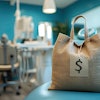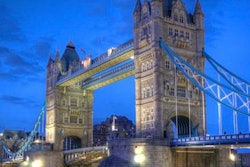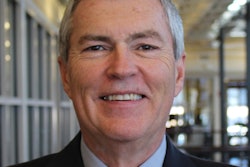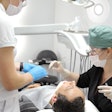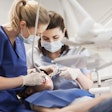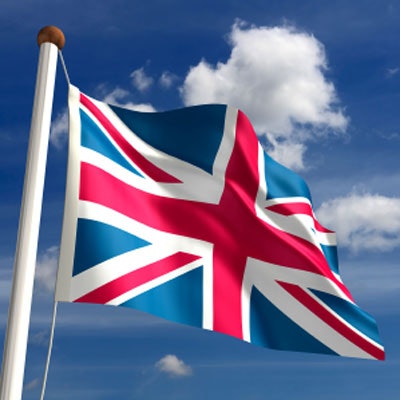
About 70% of dental practices in the U.K. may face collapse within three months if the government fails to take urgent steps to support these small businesses, according to a poll released April 12 by the British Dental Association (BDA).
Among those practices, ones that primarily accept private insurance are at the greatest risk of collapse due to the COVID-19 pandemic, according to the poll.
"Many practices are now weeks from a cliff edge, saddling themselves with debt they may never be able to repay," said BDA chair Mick Armstrong in a statement.
The COVID-19 pandemic has forced many dentists and healthcare workers in the U.K. and around the world to cease performing dental or medical treatments that are not considered emergencies. Patients, workers, and employers face economic hardships as they spend weeks at home in isolation to help curb the spread of the virus.
The association received responses from about 2,860 dental practices, which account for about 25% of the practices in the U.K., showing that 72% of respondents have enough funds to stay open for three or fewer months. Approximately 20% estimate they can only survive one month, according to the poll.
Meanwhile, only about 29% estimate they will be in a place to restore prepandemic levels of patient access.
Private practices feeling the brunt
Practices performing a larger number of private treatments appear most exposed, with 75% of those with low or no National Health Service (NHS) commitment stating they will face imminent difficulties in the next three months. That figure drops to about 61% among those practices with NHS commitments of 75% or more, according to the poll.
Some help but not enough
The government has offered those who take NHS cases some support. However, the BDA warned that there won't be enough dentists to meet patient demand if support isn't provided to those practices that take private insurance, as well. If they don't get aid, private practices will shutter, leaving too few clinicians available to treat patients.
"Dentistry cannot weather this storm when nearly every surgery relies on private care to stay afloat," Armstrong said. "If officials let these vital services go to the wall, the impact will be felt by patients in every community in Britain."
Also, there is an issue securing government-backed credit.
Approximately 25% of eligible practices have tried to get government interruption loans. Only about 7% were able to secure credit.
About 47% of those that failed to get loans sought commercial loans with reported interested rates of more than 20%, according to the association.
Leaders in the dental industry are lobbying for the full rates relief that was offered to other industries and for pledges to simplify and expand the government loan program. Currently, any dentist earning more than 50,000 pounds (approximately $62,580 U.S.) is excluded.
"It was right to suspend all nonurgent care, but without meaningful support the nation's dental services face decimation, and no practice can be excluded," Armstrong said.



